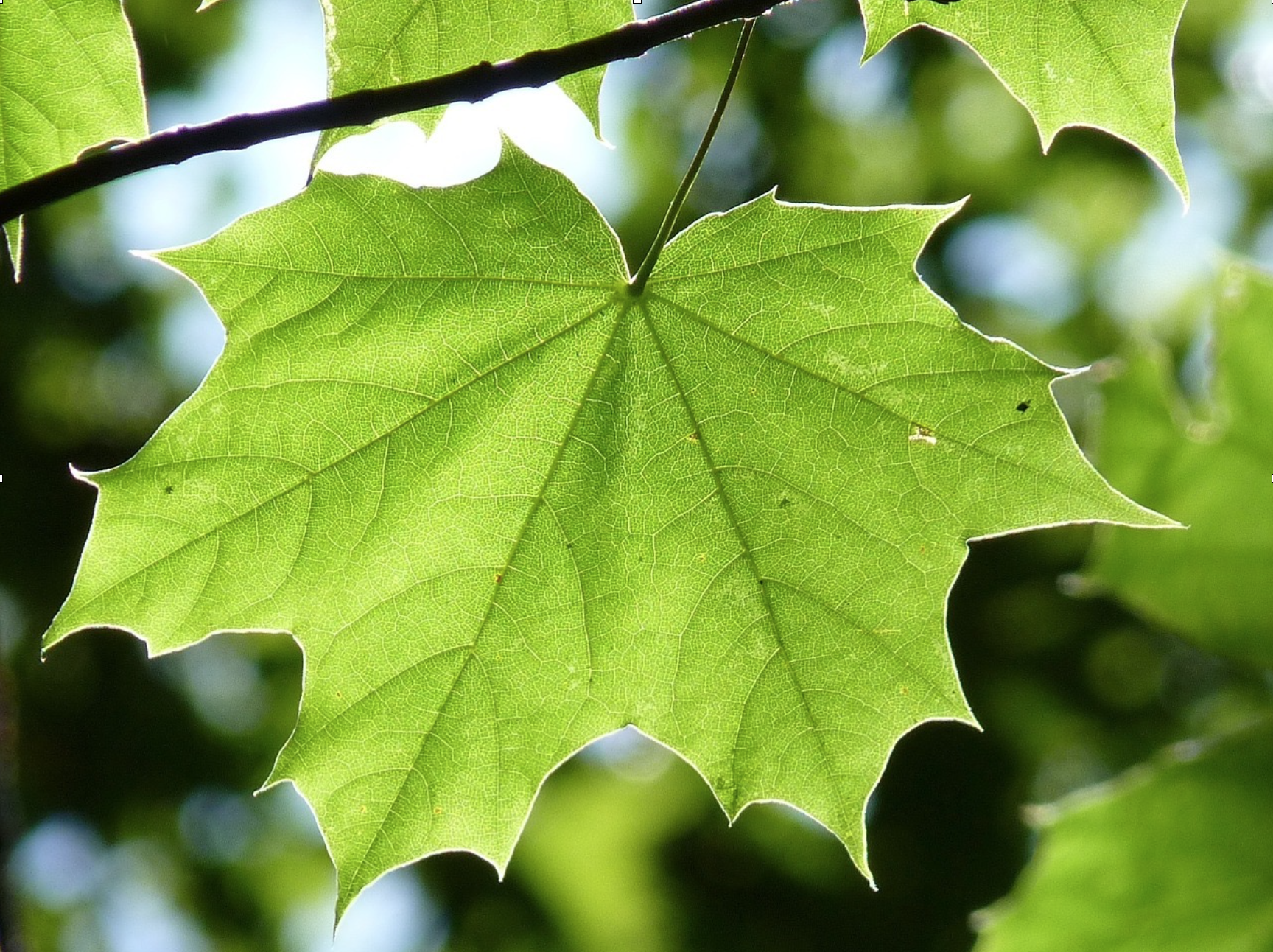About Us

The Green Churches project is a legacy from an Canadian organization of the same name that was a registered charity from 2015 to 2024.
Our History
Since the earliest Christian communities, Christian spirituality has been founded on turning one's heart to the poor, the sick, the excluded and http://pitapolicy.com/buy-levitra-24-h/ for Creation. Increasingly aware of the extent of the current environmental crisis, Canadian Christians are taking steps to reduce their ecological footprint and care for Creation.
In 2006, St. Columba House, a United Church mission in Montreal, Quebec, hired student Fannie Couture for the summer to prepare some activities in this area. She suggested a number of actions with the environment in mind, such as recycling in every room, composting, and a garden along the side of the building. The Green Church project soon became a priority for the Reverend Patricia Murphy, the director of St. Columba House. She shared the project with other pastors in the Montreal Presbytery of the United Church of Canada.
In 2007, the Justice and Global Ecumenical Relations Committee, chaired by Roger Snelling, founded the Green Church Project Committee. Two other congregations quickly joined the project: the Montreal City Mission and Cedar Park United. Ms. Claire Lyke was the coordinator that year.
In 2008, the new coordinator, Isaac Mundy, consolidated the network by organizing activities in collaboration with four locations: Beaconsfield United, Summerlea United, Camino de Emaus and the United Theological College. A website was launched, offering churches an opportunity to share tools they had developed.
In 2009, Isaac Mundy left to go back to finish his Master’s, and Norman Lévesque became the project’s first Catholic coordinator, with the mission of the making the project ecumenical in Greater Montreal. Catholic and Anglican churches soon came on board.
In February 2010, the 1st Green Church Conference was held at Église St-Charles in Montreal, attended by 150 people. The ecumenical aspect was highlighted. In September, the project found a natural home with the Canadian Centre for Ecumenism and took the name of the Green Church Program. It became a national program, from coast to coast.This article mentions your favorite hats at super low prices. https://fakewatch.is/ Choose from same-day delivery, drive-up delivery or order pickup.
In 2011, the Green Church Project launched the Green Church Toolkit, featuring resources to help guide faith community environmental committees in going green. The toolkit has three sections: action, awareness and sportsgeezer.com order cheap levitra online spirituality. That same year, the Program helped local Quebec winery Domaine Côte d’Ardoise to authenticate one of its wines as a Mass wine, thereby avoiding having to import sacramental wine over great distances from California.
In 2012, the 2nd Green Church Conference was held at Église St-Nicéphore (Drummondville, Quebec). A crowd of 130 came to hear speakers Steven Guilbeault and Sister Esther Champagne. Faith communities from Ontario, Nova Scotia and British Columbia joined the Program, broadening its scope across Canada.
In 2013, Norman Lévesque, the Director of the Green Church Program, led a week-long retreat in Pickering, Ontario on “Creation Care” for 50 Scarboro missionaries. Quaker and Evangelical faith communities joined the Program and its ecumenical outreach expanded.
In 2014, the Green Church Program started asking its partnering faith communities for an annual contribution. In exchange, they received a password for the new Members’ Section, containing valuable resources. The Program also offered a Training and Workshop service.
In 2015, on April 14, the 3rd Green Church Conference was be held in Quebec City, with the participation of Cardinal Gerald Cyrien Lacroix. The Green Churches Network also went through the process of becoming a registered charity.
In June 2016, the Green Churches Network celebrated its 10th anniversary with a gala at the Saint-Columba House.
In 2017, on May 11, the Green Churches Forum was held in Ottawa, during Canada’s 150th anniversary. The First Nations were present, as well as a virtual message featuring encouraging words from the Minister of the Environment, Catherine McKenna. Many workshops and talks were given in Alberta. The “Season of Creation in a Box” was also launched for the first time.
In 2018, Gregory Lynch was hired as new director. He is also an amazing bee keeper! (Norman Levesque moved to the Board of Directors). The organization launched a new website and http://www.aminism.com/no-prescription-online-pharmacy/ launched its Three-Year Plan with its objective of reaching 200 churches in 2020. (We never reached that goal, especially because we weren't able to get more funds)
In 2019, on Octobr 19 and 20, the Green Churches Forum was held at Our Lady of the Cape Shrine (Trois-Rivières, QC). Approximately 120 people attended for two days of presentations, workshops and prayer to celebrate ‘The Gift of Water’.
In January 2020, we welcomed a new Director, Erica Follon, who was previously working on a vertical garden in Westmount Park United Church, one of the registered Green Churches. The covid-19 pandemic struck in March 2020, closing the churches for many months. We kept contact with our green churches through newlsletters, phone and email nonetheless. We also launched a plan for 250 churches for 2025.
In 2021, we celebrated our 15th anniversary... virtually! Special guest speakers contributed to 15 videos on various topics. The same year, we launched the "Energy Efficiency in Church" project which helped 25 Christian communities reduce greehouse gas emissions, improve energy efficiency, improve water conservation and lower energy bills. Also, the Recycling 101 project helped 9 churches with basic recycling practices.
In 2022, the video project Seeds of the World aimed to inspire Creation Care and to showcase the initiatives of many faith communities.
In 2023, we made the Season of Creation toolbox for the last time (because an international version is now produced). We were also involved with project Refuge-Churches that try to prepare how churches can help the local community in time of climate crisis. The same year, Maxime Scrive, a man doing a doctorate on the green transition of churches, was hired as the a new director with a lot of vision for the Green Churches. The national office moved to Quebec City.
In 2024, we gave a major presentation to priests and pastoral associates in Gatineau. But, unfortunately, we got word from a few religious congregations that they could not continue funding our organization. The lack of reliable funding sources placed the organization in a difficult situation, unable to generate sufficient mobilization to renew itself. The decision to close was taken during an Extraordinary General Meeting, on April 23. The website with its many resources remains available.
The story of the Green Churches project is not finished. Will it become a program of another national charity? Whatever happens, it continues through all the projects where churches and dioceses are reducing their impact on God's good Creation. It is a mission to which God calls us, not only to praise the Creator, but also to care for the Creation He loves (Ps 145).
Our Challenges
Note: although the video is in French, you can click on the gear wheel to select automatic translation in English. Make sure the subtitles are "on", which is the button with [cc].
Our Logo
The Green Churches Project has a dynamic logo.
Green is the obvious colour choice since our project is concerned with the protection of the environment. Green is life like the abundant vegetation that surrounds us. In the tradition of the Church, green is the colour of hope, a vital virtue of our project.
The cross inside the leaf is a sign of our common faith in Jesus Christ. Scripture reminds us that “all things have been created through him and for him” (Colossians 1, 16).
The green maple leaf is a sign that our prioject is in Canada, a country that extends roughly 7000 km from coast to coast, and also north into the Arctic. This vast land with abundant resources is a gift from God who asks us to be stewards of Creation.


